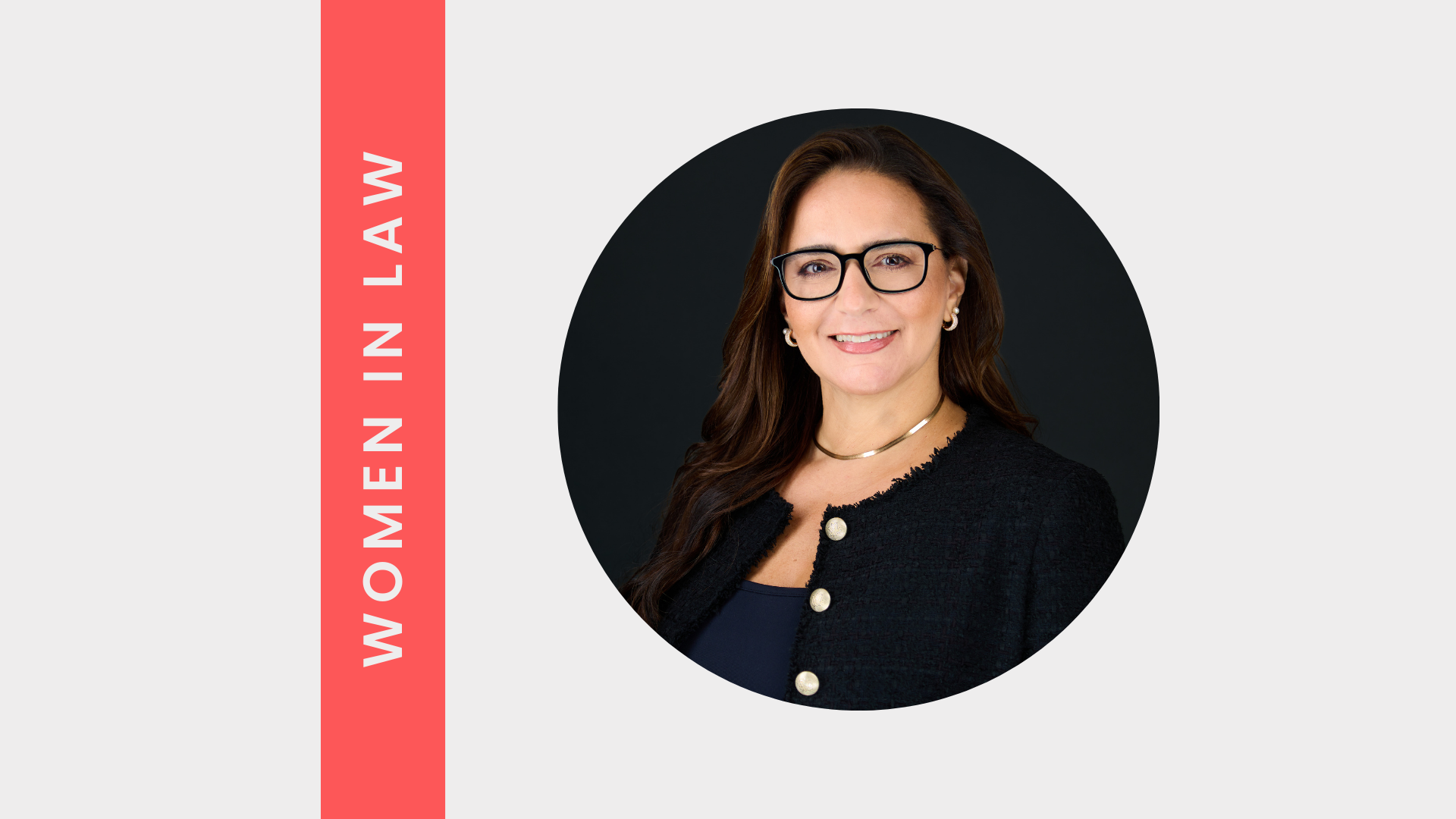FaceTime or face-to-face? What does the future of work look like?
I’m sure I speak for everyone when I say that January feels like a lifetime ago.
We first felt the creeping threat of COVID-19 in Asia. With no precedent to show us how to proceed, at board level we had to act fast – taking appropriate, positive action without making rash, uninformed decisions. When things get desperate, it’s easy to focus on short-term solutions. We were fortunate to be able to frame these short-term decisions within a longer-term view.
One of the first steps we took was to form a COVID-19 steering group. In an industry built around people, we want to do right by ours, going the extra mile to protect our relationships with our people, candidates and clients as much as possible right from the start.
Our guiding principles
To maintain fairness and consistency and make appropriate short-term decisions, we decided early on to adhere to three key principles to navigate our way through this crisis.
Principle 1: Preserve as many jobs as possible.
Principle 2: Make decisions that can help the business emerge from this in the strongest possible position to bounce back.
Principle 3: Act with fairness and compassion – being conscious of the differences in people’s personal circumstances. Different markets have different challenges; in Asia, for example, we have lots of staff living in apartments, often with other family members.
New ways to connect
As a medium sized global recruitment business, in many ways we were already set up to handle a situation like this. We have always needed to stay flexible to connect with candidates and international colleagues out of hours. As a result, the systems we have in place have allowed us to adapt surprisingly quickly.
I like to think of platforms like MS Teams as a great leveller. In the past, our team meetings would involve many of us sat around a boardroom in our London flagship office, with our global colleagues peering at us through a screen. Now we’re all in the same boat. No one is at an advantage or disadvantage; we’re all equally set up and contactable.
Our people’s agility hasn’t surprised me. But what has surprised me is how our relationships have evolved. Against the odds, we’re actually having better quality interactions, and – as a direct consequence – have become stronger as a business. There are so many more connections happening at all levels across the global business.
To some extent, this progression has been orchestrated. From the beginning, it was important to me to be totally transparent with colleagues about all the decisions we were making. Communicating with them via a daily CEO update has ensured no one feels left out of the loop – after all, there’s enough uncertainty right now.
People are the lifeblood of the recruitment industry. With people all around the world suddenly connected, we have taken the opportunity to step up our training and mentorship programmes to the benefit of everyone. This means our people can benefit from the expertise of the best person globally, rather than the person who is geographically closest.
For example, one of our US colleagues hosted an online training session recently to teach his unique approach to business development. Our people are now able to share their knowledge more easily, thus bringing value to the company we’d not experienced before.
All of our training channels have also been made available to furloughed staff in the UK; it’s so important to preserve that unit and make sure everyone has access to on-going career development.
But it would be doing our people a disservice to imply that we have been responsible for how they have adjusted. Of course, in many ways working from home is a sign of privilege – but that doesn’t mean it’s easy. As noted byForbes, we’re not working from home, we’re at our homes during a crisis trying to work. The article notes that 19% are struggling with loneliness, and 17% are having difficulty with collaboration and communication. From taking turns hosting wellness sessions featuring yoga, cocktail-making and cook-alongs to name a few, to furloughed team members arranging a fun virtual quiz for their still-working colleagues, so many of our employees have gone out of their way to help each other stay connected and sane.
Getting it right
Last year’s 'I Own My Time' trial in our EMEA region saw employees encouraged to work from home and with more flexibility, with different challenges in different locations. Though we didn’t know it, this was a trial run for the beginning of 2020, and in fact, it helped many to prepare for lockdown work arrangements.
To meet the goal of our first principle, we decided relatively early that we would need to reduce pay by 20% across the board. It was vital that people understood why we had had to make this difficult decision – which is why transparency via our daily CEO updates has been prioritised from the start.
Reputation is everything. Now, more than ever, we are working hard to protect our employer brand and promote those of the great clients' we work with. Getting it right means being authentic, treating your people right and being the kind of organisation people want to work for.
In terms of client relationships, some ask, “Why are you contacting me? We don’t have any jobs.” But we want to show clients and candidates that we’re here to support them in the long term, rather than simply protect our own bottom line.
This strategy is paying off. As of April, our Net Promoter Score is healthier than it has ever been and way above the industry average. I attribute this success to simply being available to people, being in touch and having conversations in the right way.
Is there still a place for face-to-face?
It’s impossible to know what the economic recovery from COVID will look like. We’re fortunate to be players in a very big global market. The global recruitment market is valued at about $500bn annually – even if that were to halve, it would still be a $250bn market. Some markets are sure to bounce back faster than others, as businesses reassess and move around their supply chains.
I read aMcKinsey reportthe other day that said the situation we’re all in will speed up digitisation by five years. While the pandemic – and everything to do with it – is undoubtedly terrible, in some ways it has propelled the world forward. Face-to-face meetings have become video calls, making things more convenient for everyone and allow a lot more people to effectively interact more regularly.
On a personal level, I don’t miss the jet lag that comes with travelling for the business, but I do miss seeing people in real life, and I know others who are missing interaction and office culture. I think the world of work will change going forward with more people working flexibly and from home, but for me, there will always be a place for face-to-face interaction. Most significantly, I believe our relationships will be stronger as the result of our shared experience.
For now, control what you can. Work with what you know. And keep communication clear and candid.
FaceTime or face-to-face – what do you think works better? Share your thoughts and experiences with the #TalentVoices hashtag.
Our latest insights







